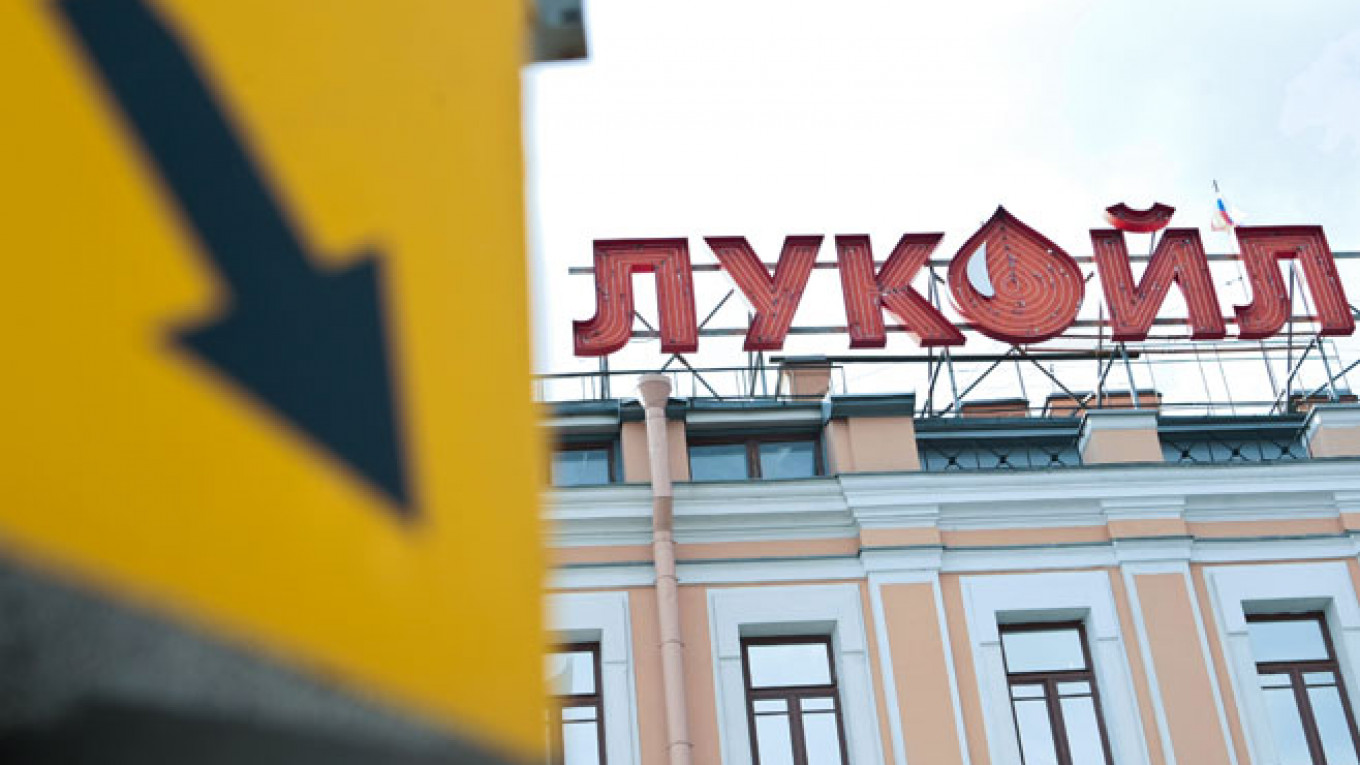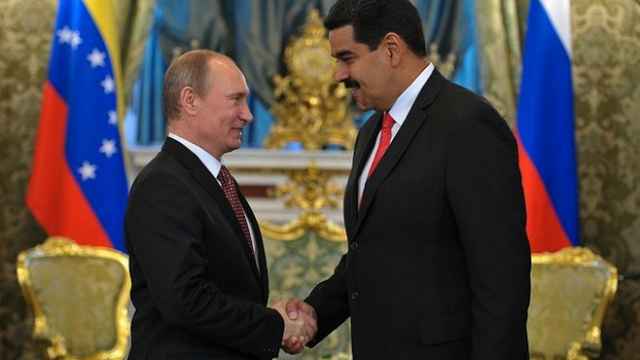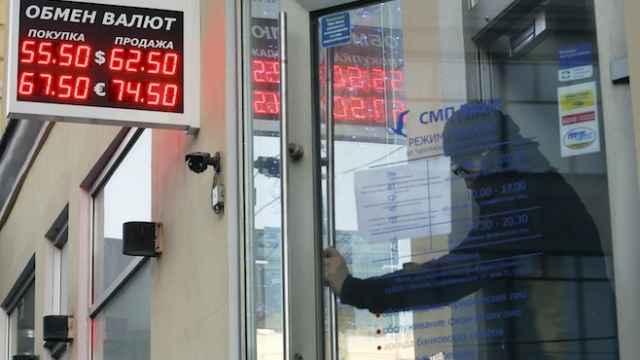Russia's oil export duty is expected to fall to $112.9 per ton in February after lower oil prices and changes in tax laws, a move that could spur sales abroad by the world's second largest oil exporter.
Calculations by the Finance Ministry and Reuters showed on Thursday that there could also be a zero export rate for oil produced at newer fields in eastern Siberia and fields operated by LUKoil in the Caspian Sea.
As oil prices touched their lowest in almost six years, the leaders of Russia and Venezuela, Vladimir Putin and Nicolas Maduro, whose faltering economies are dependent on energy revenues, were due to meet to discuss the situation on the global oil markets.
Maduro has been touring big oil producing countries to try to persuade them to cut output to stop the price rout.
Russia is the world's top oil producer and its output hit a post-Soviet record high average of 10.58 million barrels per day (bpd) last year. The lower oil duties are likely to increase exports volumes in February.
A preliminary export schedule showed that exports of Russian crude oil blend Urals were set to rise sharply in January from the Baltic Sea ports on the back of a government decision to cut export duties.
Energy Minister Alexander Novak, talking to reporters before meeting Maduro, hinted that Russia was unlikely to take coordinated steps to support the oil price, saying that "volatile prices were part of market patterns."
The February export duty is based on price monitoring of seaborne Urals crude oil prices from Dec. 15 through to Jan. 14. The oil export duty stood at $170.2 per ton in January.
The average Urals price for the period was $52.307 per barrel, down from $70.99 in the previous period, said Alexander Sakovich, an official at the Finance Ministry.
He said that the discounted rate could come in as negative, so the duty would most likely be set at zero.
Last year, Putin approved changes to a tax law reducing oil export duties and increasing taxes for mineral extraction to try to balance the needs of producers and the Russian budget.
A Message from The Moscow Times:
Dear readers,
We are facing unprecedented challenges. Russia's Prosecutor General's Office has designated The Moscow Times as an "undesirable" organization, criminalizing our work and putting our staff at risk of prosecution. This follows our earlier unjust labeling as a "foreign agent."
These actions are direct attempts to silence independent journalism in Russia. The authorities claim our work "discredits the decisions of the Russian leadership." We see things differently: we strive to provide accurate, unbiased reporting on Russia.
We, the journalists of The Moscow Times, refuse to be silenced. But to continue our work, we need your help.
Your support, no matter how small, makes a world of difference. If you can, please support us monthly starting from just $2. It's quick to set up, and every contribution makes a significant impact.
By supporting The Moscow Times, you're defending open, independent journalism in the face of repression. Thank you for standing with us.
Remind me later.






